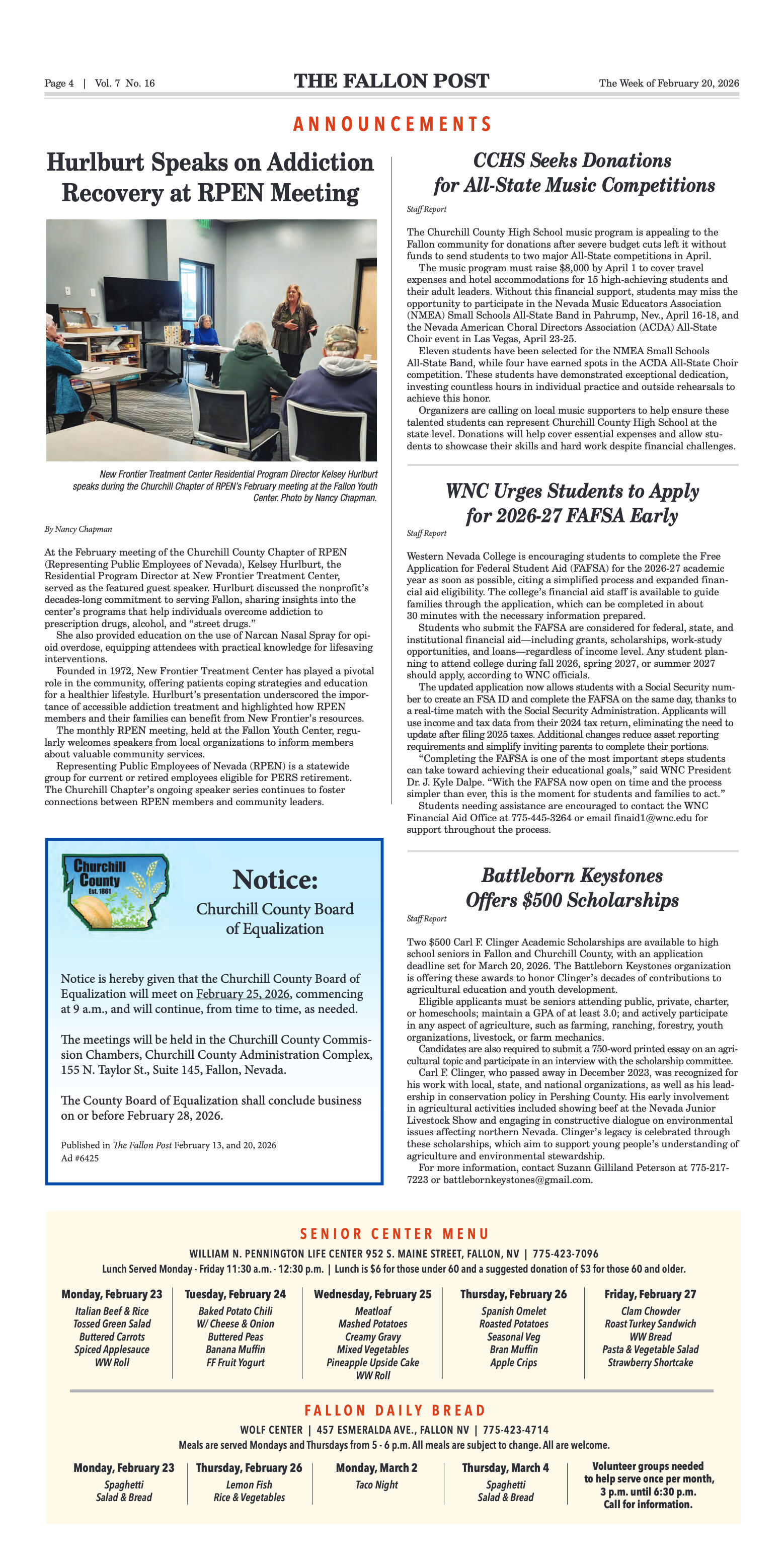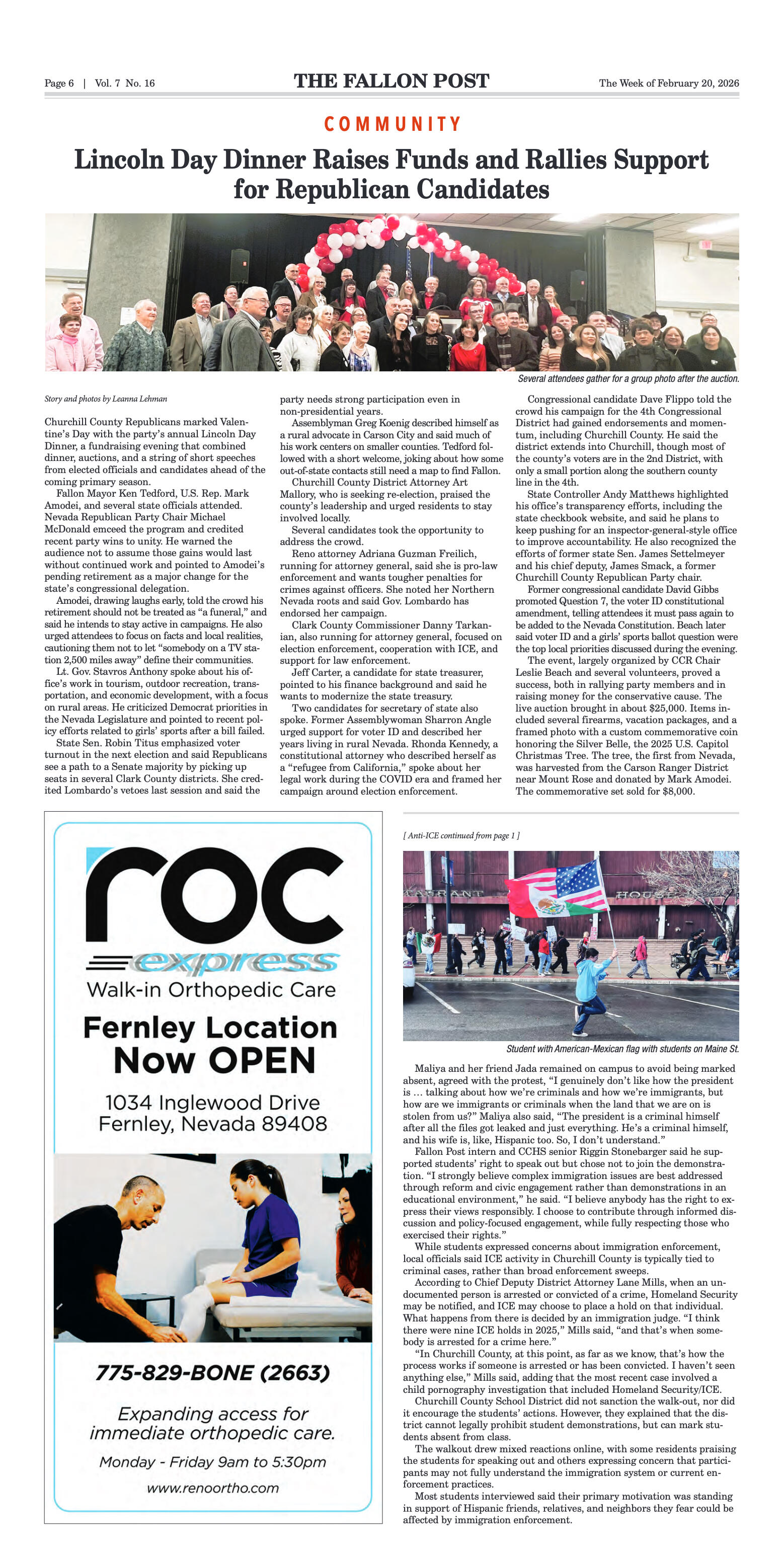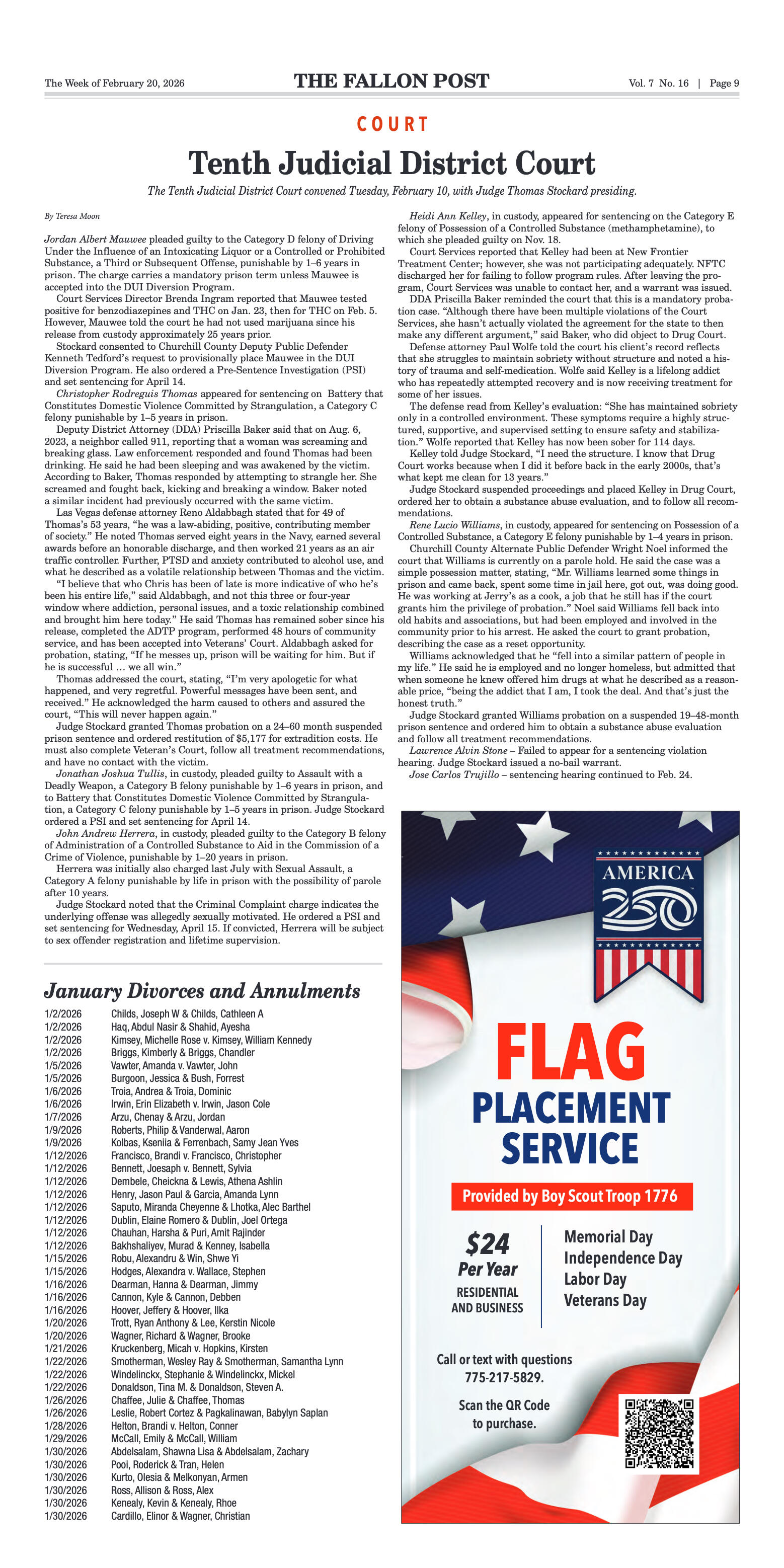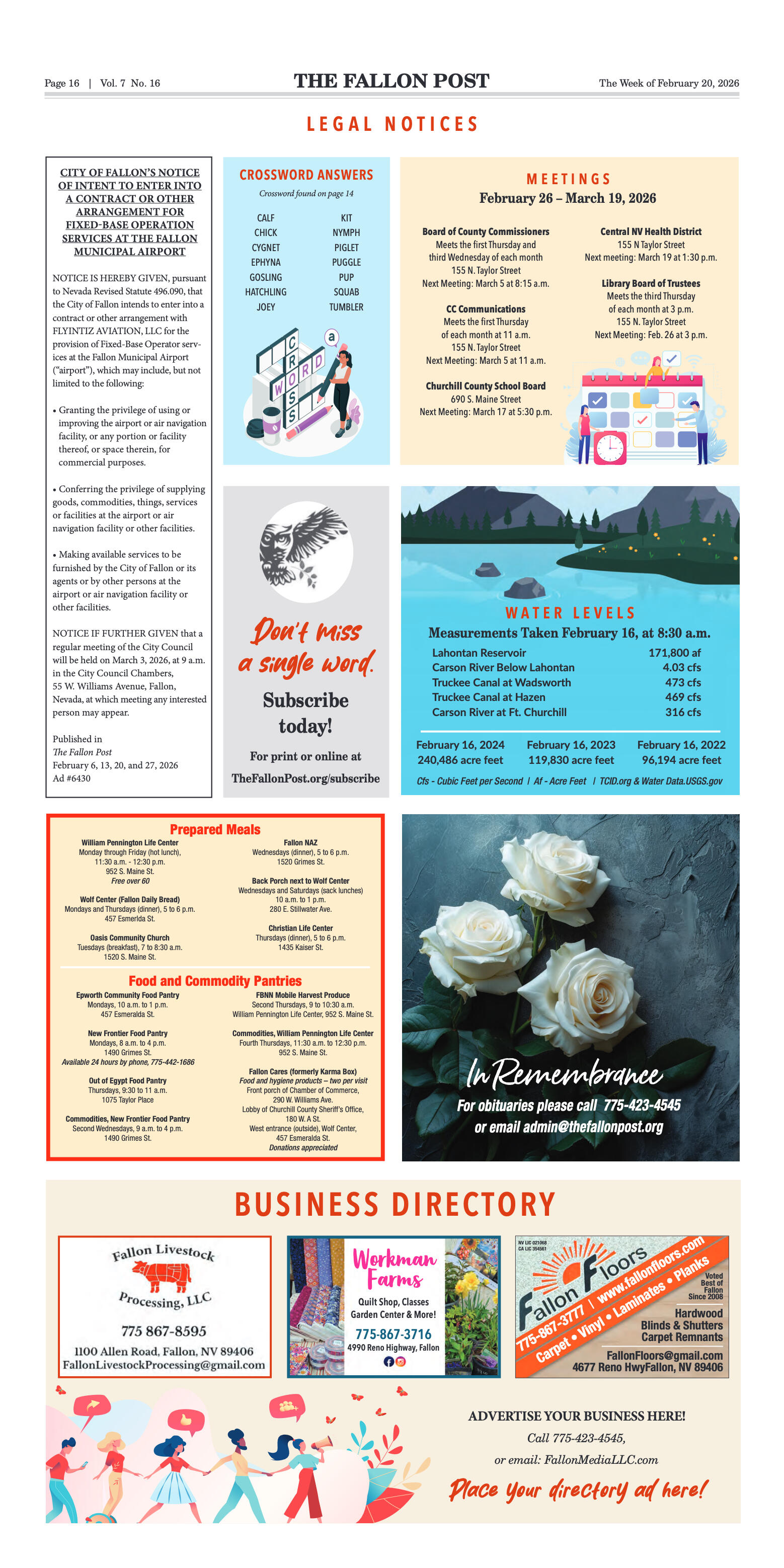We’re getting close to the tax-filing deadline. For many of us, this means it’s that time of year when we get our biggest financial windfall – a tax refund. If you have recently received a refund, or are expecting to get one in the next few weeks, what should you do with it? Of course, you could just spend the money on something you want, but if you’d like to maximize the financial benefits from your refund, you might want to consider other options, including the following: Invest the money. In 2018, the average tax refund was about $2,700. For this year, it might be somewhat lower, due to changes in the tax laws and the failure of taxpayers to adjust their withholdings in response. However, if you were to receive in the neighborhood of $2,700, you’d be almost halfway to the annual IRA contribution limit, which, in 2019, is $6,000. (If you’re 50 or older, you can put in up to $7,000). If you have already “maxed out” on your IRA, you could use your refund to fill in gaps you may have in other parts of your investment portfolio. Pay insurance premiums. Let’s face it – nobody really likes paying insurance premiums. Yet, if you have anyone depending on you, you will certainly need life insurance, and possibly disability insurance as well. And if you want to help protect your financial resources later in life from threats such as an extended – and hugely expensive – stay in a nursing home, you also may want to consider long-term care insurance. Your tax refund could help pay for some of these premiums, boosting your cash flow during the months you would normally be making these payments. Contribute to a college fund. It’s never too soon to begin saving for college, which has grown increasingly expensive over the last several years. So, if you have young children, you may want to think about investing some or all of your refund into a college-savings account, such as a tax-advantaged 529 plan. Pay off debts. You might be able to use your refund to pay down some debts – or perhaps even pay off some of your smaller ones. The lower your monthly debt load, the more money you will have available to invest for the future. Keep in mind, though, that you might not want to look at all debts in the same way. For example, putting extra money toward your mortgage might help you pay it off faster, but you’ll also be funding an asset – namely, your house – that might not provide you with the same liquidity as you can get from investments such as stocks and bonds. Help build an emergency fund. By building an emergency fund containing six to 12 months’ worth of living expenses, you can help yourself avoid dipping into your long-term investments to pay for large, unplanned-for bills, such as a major car repair or an expensive dental procedure. Your tax refund could help build such a fund, with the money ideally being placed in low-risk, liquid vehicles. Clearly, you can help yourself make progress toward a number of your financial goals with your tax refund – so put it to good use. This article was written by Edward Jones for use by your local Edward Jones Financial Advisor. Support local, independent news – contribute to The Fallon Post, your non-profit (501c3) online news source for all things Fallon. Never miss the local news -- read more on The Fallon Post home page. Sign up to receive updates and the Friday File email notices.
What Can You Do With Your Tax Refund?
- 04/09/2019 04:41 AM (update 04/10/2023 11:09 PM)












































Comment
Comments